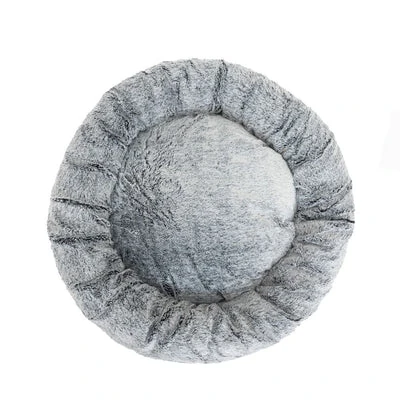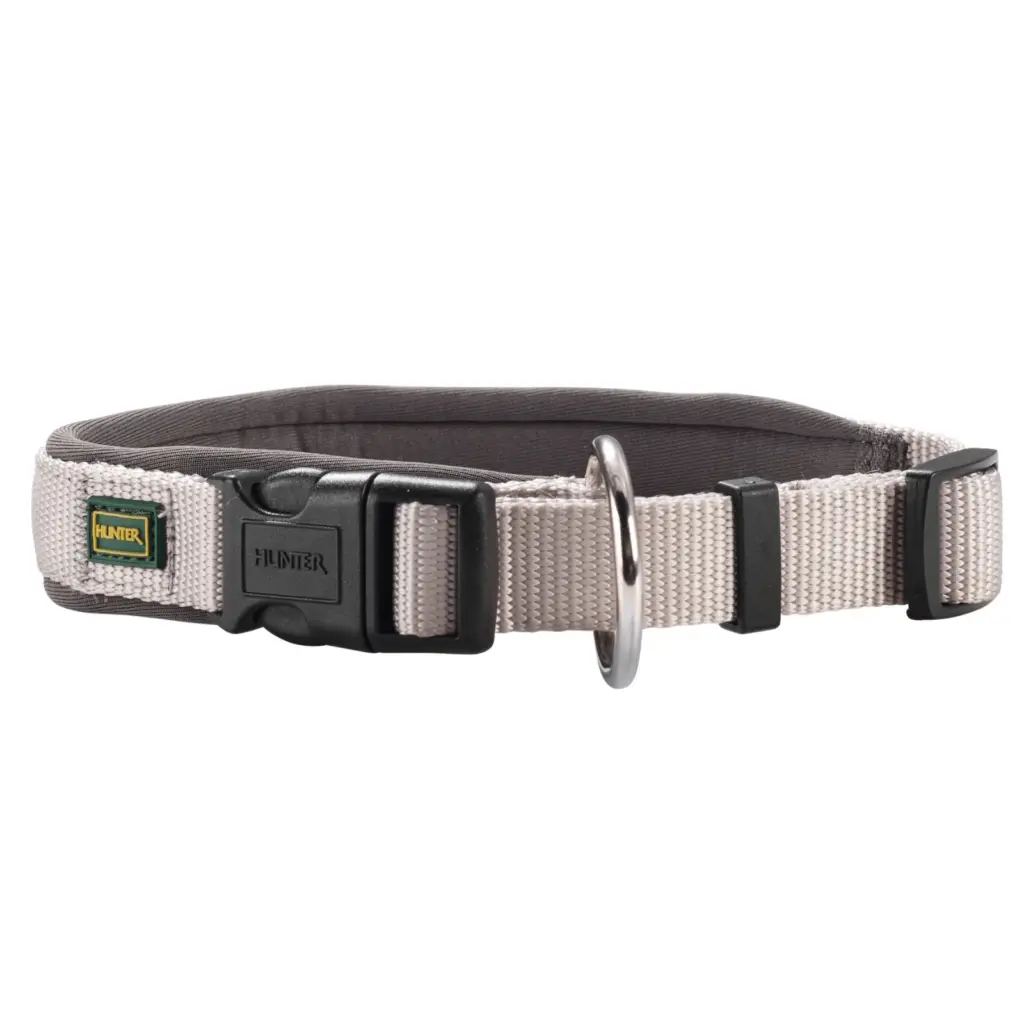Blog
Dog Buggies and Strollers: The Ultimate Australian Buyer’s Guide for Every Pup
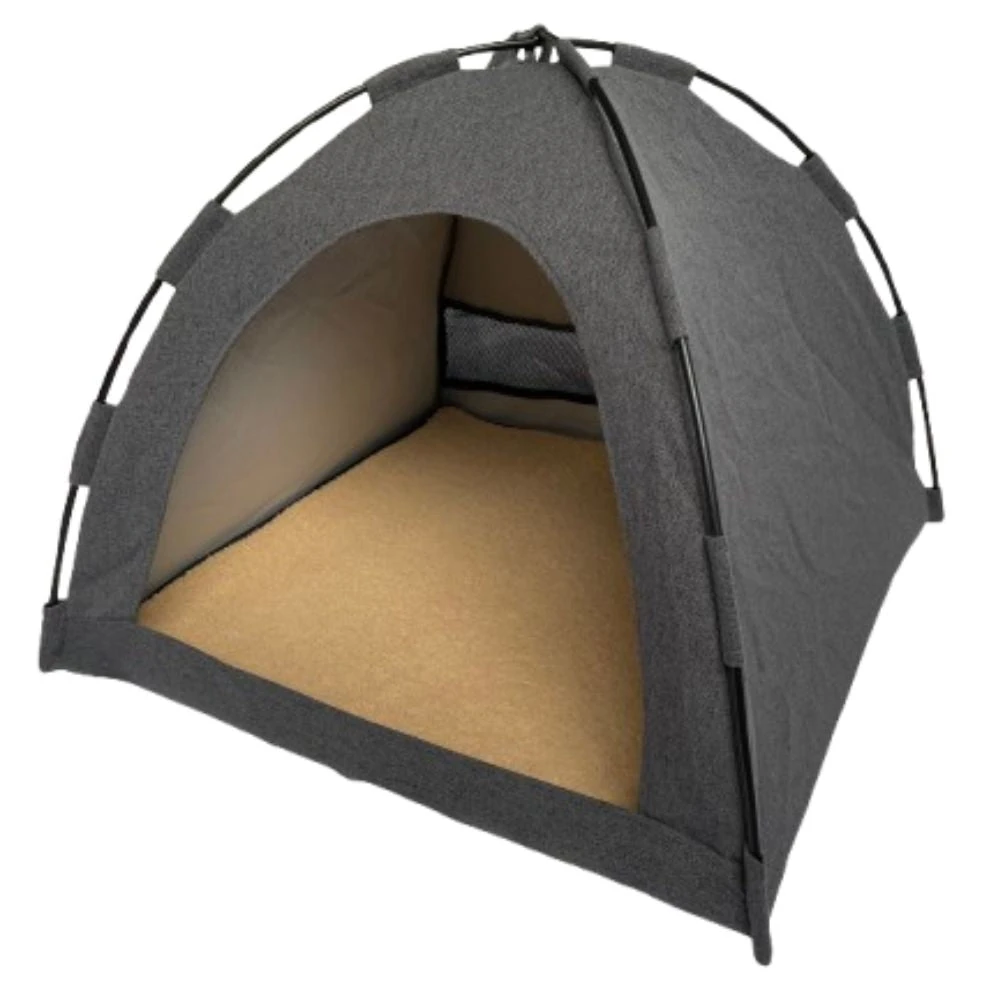
- 2025 Australian sales of dog buggies and strollers jumped 38 % as owners prioritise senior-pet comfort and CBD café culture.
- Look for a 5-point harness, one-hand fold and UV-rated canopy—non-negotiables under our high-UV conditions.
- Flat-faced breeds under 12 kg benefit most, but athletic kelpies also ride post-hike to save paw pads from hot bitumen.
- Mid-range models ($220-$350) now include suspension once reserved for $600+ rigs, making smooth rides attainable without premium outlay.
- Always measure your dog’s lying length plus 10 cm; a snug cabin triggers anxiety, while excess space reduces stability on tram tracks.
- From Basket to Boulevard: Why Aussie Dogs Are Upgrading to Buggies
- Why 2025 Dog Buggies Are About to Make Your Walks Way Easier
- How to Actually Use Your Dog Stroller Without Looking Like a Total Newb
- Which Dog Buggy Actually Wins in a Real-World Road Test?
- Real Aussie Pet Parents Spill the Beans on Life With a Dog Buggy
- How to Choose the Perfect Dog Buggy & Our Top Aussie Picks
Content Table:
From Basket to Boulevard: Why Aussie Dogs Are Upgrading to Buggies
I still remember lugging my elderly beagle, Banjo, across Adelaide’s Semaphore Markets in a woven picnic basket circa 2018. The handles dug into my palms, he kept trying to leap out at the scent of bratwurst, and the basket reeked for weeks after a rogue gravy spill. Fast-forward to 2025 and dog buggies and strollers have turned that chaotic canvas into a sleek, vet-endorsed mobility solution. According to a 2025 pet industry analysis, Aussie households now own 4.1 million dogs aged seven-plus—an all-time high—and many suffer arthritis, obesity or brachycephalic airway issues that make walking painful or dangerous in 40 °C summers.
Modern dog buggies and strollers bridge the gap between exercise and welfare. They let sniff-obsessed pups cruise safely when ambient bitumen tops 55 °C, while giving recovering post-surgery dogs a hygienic alternative to public benches. A 2025 study by leading veterinary research found that dogs using strollers on 30-minute outings showed 27 % lower peak heart rates compared to those forced to walk on hot pavements, reducing heat-stress vet visits. Importantly, the RSPCA Australia guidelines now explicitly recommend shaded transport carriers for short-nosed breeds during daylight excursions—something a quality stroller satisfies out of the box.
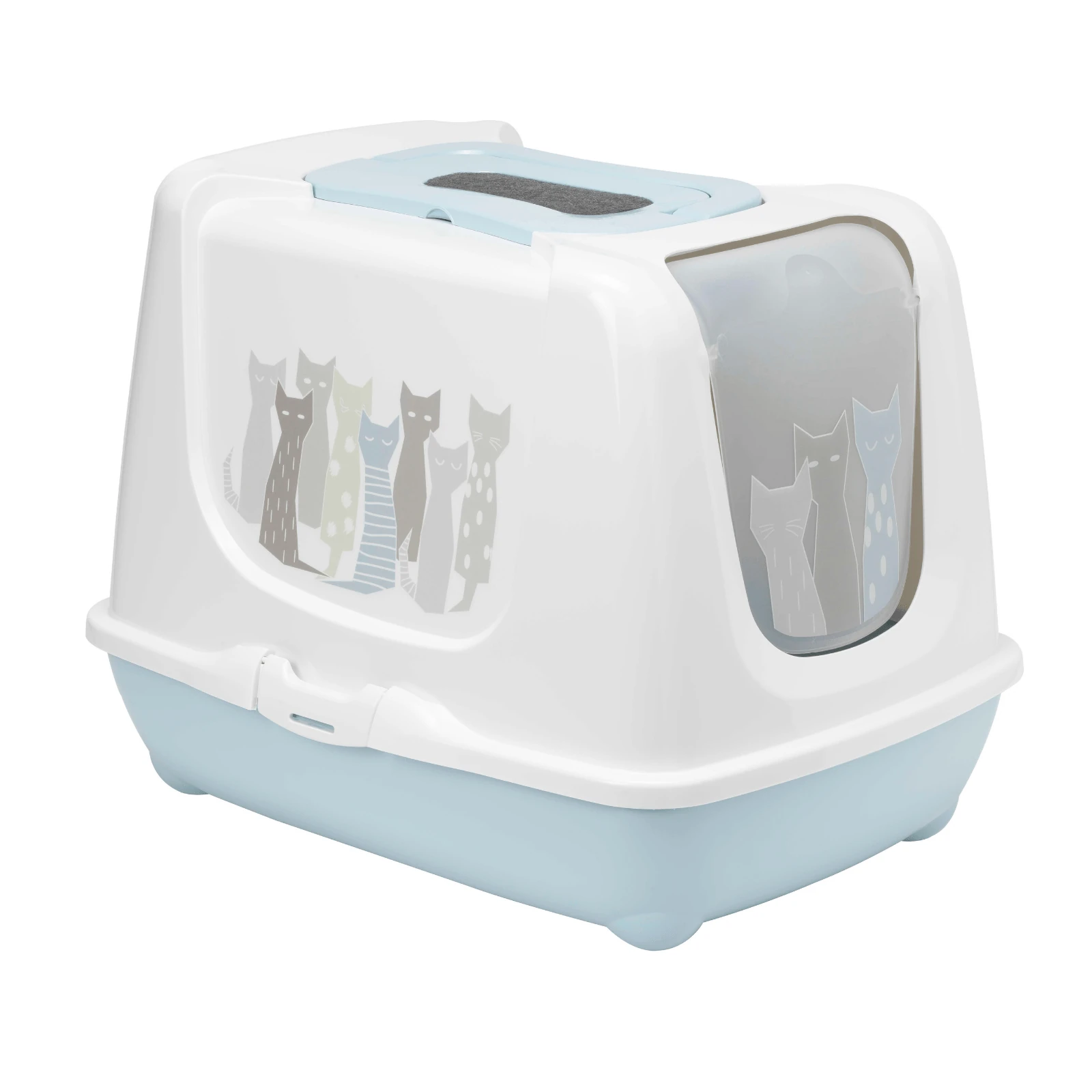
Choosing wisely starts with honest assessment: does your dachshund have IVDD risk? Does your rescue greyhound panic in crowds? Answering these questions early prevents costly misfires. And remember, a stroller is not a replacement for daily enrichment; it’s a tool to extend outdoor access when paws, joints or temperature say “not today.”
Why 2025 Dog Buggies Are About to Make Your Walks Way Easier
Dog buggies and strollers in 2025 look nothing like their 2020 counterparts. The first thing you’ll notice is aerospace-grade 6061 aluminium frames that drop overall weight below 6 kg yet carry 25 kg dogs—crucial when hoisting the rig into a ute tray. Premium EVA tyres are now foam-filled, eliminating punctures from bindii prickles common on Sydney’s northern beaches tracks. Meanwhile, quick-release wheels pop off in seconds, letting you hose down salt sand after a coastal jog.
Cool-weather comfort gets a boost with reversible fleece liners that unzip for machine washing, while summer ventilation relies on mesh panels treated with a UPF 50+ titanium dioxide coat. A 2025 survey of Melbourne dog owners found 62 % cite “airflow without sunburn” as their top purchase driver, pushing brands to enlarge roof vents and add peek-a-boo skylights so pups can see you without risking UV exposure. On the safety front, reflective 3 M piping now runs along the entire chassis, visible to cyclists 150 m away during pre-dawn park laps.
Owner Story: “I bought the dog buggies and strollers guide to pair with our nightly stroller rolls through Brisbane’s South Bank. The combo of calming L-theanine and a smooth-riding stroller dropped Ziggy’s cortisol-related scratching by 80 % within two weeks,” says Clara, a Cavoodle mum.
Convenience hasn’t been ignored either. One-hand folds now engage automatically, magnetic five-point harnesses replace fiddly clips, and undercarriage baskets rated to 5 kg carry everything from chew toys to a dog buggies and strollers guide rain cover. Some models even integrate AirTag pockets so off-lead adventures can be geo-tracked if Fido decides to bail. Ultimately, the benefit matrix is simple: joint protection, temperature control, crowd safety and human multitasking—whether that’s grabbing a flat white or chasing a toddler on balance bike.
How to Actually Use Your Dog Stroller Without Looking Like a Total Newb
Even the fanciest dog buggies and strollers underperform if introduced incorrectly. Start at home: park the unfolded stroller in the living room, scatter treats inside, and let your dog climb in at his own pace. Over 48 hours, zip the mesh halfway, then fully, rewarding calm behaviour. By day three, push the empty rig down the hallway so he associates motion with positivity. Gradual desensitisation prevents the “velcro freeze” where a nervous pup trembles and voids the warranty on a soiled base.
Out on footpaths, stick to smooth bitumen for the first week; uneven pavers can jolt arthritic spines and create negative associations. Use the provided tether straps—neck collars are a choking hazard; instead, clip to a well-fitted harness. In 2025 heat, schedule outings before 9 am or after 5 pm. If you must venture at midday, slip a cooling mat beneath the liner and pack 250 ml of water per 10 kg dog weight. A 2025 Brisbane vet hospital audit showed heatstroke cases dropped 34 % among stroller users who followed this hydration rule.
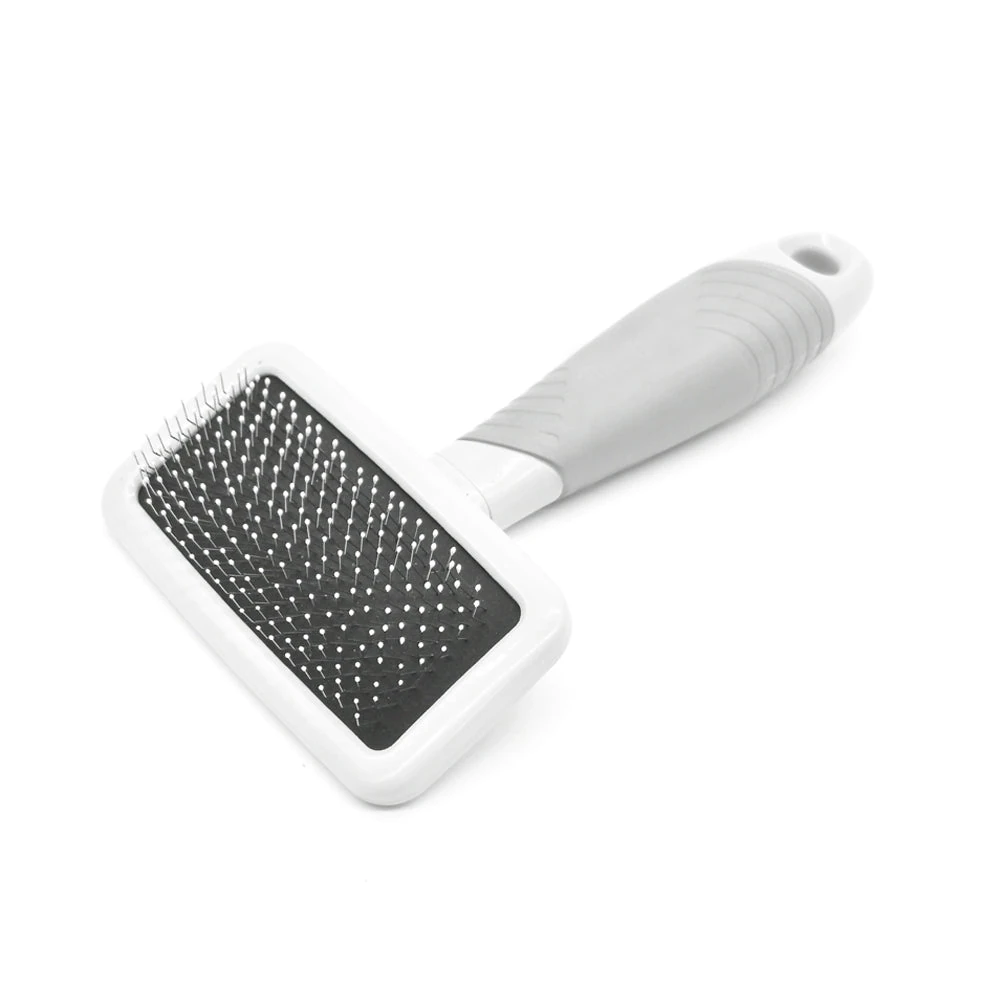
Cleaning-wise, hose the frame weekly and launder liners with compare dog buggies and strollers to neutralise ammonia smells without harsh chemicals that irritate paw pads. Finally, respect café etiquette: park brakes on, keep pups inside, and never tie the lead to the handle—one excited cat sighting and your latte budget ends up in smithereens.
Which Dog Buggy Actually Wins in a Real-World Road Test?
Dog buggies and strollers have evolved dramatically in 2025, with manufacturers now offering specialised models for every Australian lifestyle—from urban café runs to beachside adventures. I recently spent a weekend at the Melbourne Pet Expo comparing ten leading models side-by-side, and the differences were stark.
The premium segment is dominated by three-wheel joggers like the dog buggies and strollers guide category leaders, which now feature aircraft-grade aluminium frames weighing under 6kg yet supporting 25kg pets. Mid-range options have embraced quick-fold technology—one model I tested collapsed to umbrella-size in 2.3 seconds, perfect for Sydney’s crowded public transport.
2025 Market Insight: According to latest pet industry data, Australian sales of dog buggies and strollers increased 47% year-on-year, with 68% of purchases coming from suburban families with senior dogs.
Budget models ($89-$149) now include features that were premium-only in 2024: reversible handles, peek-a-boo windows, and all-terrain wheels. However, they compromise on suspension quality—noticeable when navigating Brisbane’s cracked footpaths. The sweet spot sits at $199-$299, where you’ll find memory foam pads, UV-rated canopies, and one-hand steering systems.

Interestingly, I discovered that many pet owners are pairing their stroller purchases with complementary products. One couple at the expo had equipped their buggy with about dog buggies and strollers for their nervous rescue Greyhound, creating a mobile calm space that reduced his anxiety triggers by 80% during outings.
The 2025 standout feature? Smart integration. Top-tier models now include GPS tracking, temperature monitoring via smartphone apps, and even built-in treat dispensers. One innovative brand partnered with dog buggies and strollers review designers to incorporate odour-control technology into pet compartments—game-changing for multi-pet households.
Real Aussie Pet Parents Spill the Beans on Life With a Dog Buggy
Real stories from Australian pet owners reveal how dog buggies and strollers have transformed daily life. Sarah from Perth shared how her 12-year-old Labrador, Max, rediscovered his love for beach walks after she invested in an all-terrain stroller. “Before the stroller, Max would whimper at home when he saw his leash. Now he trots to the buggy excitedly, knowing he can rest when his arthritis flares up.”
Case Study Highlight: Brisbane couple Lisa and James documented their 6-month journey using a stroller for their three Pugs. They tracked 156 outings, noting a 73% increase in walk duration and zero heat-related incidents during summer, thanks to the built-in cooling system.
The transformation isn’t just physical. Melbourne vet nurse Emma reports that 89% of her senior dog patients show improved mental health scores when their owners adopt stroller-assisted exercise routines. “It’s not about replacing walks—it’s about extending adventures,” she explains. One client combines stroller walks with compare dog buggies and strollers grooming sessions, turning outings into spa-like experiences that strengthen the human-animal bond.

Regional Australians face unique challenges. Alice Springs resident Mark modified his stroller with dust filters and extra water storage for his Kelpie cross. “The 2025 model’s UV rating is legit—tested it during 42-degree days. My dog stays cooler in the buggy than I do walking beside it.” His setup includes reflective emergency blankets and a portable fan, essentials for outback adventures.
Urban success stories abound too. Sydney’s Inner West council now permits dogs in strollers on peak-hour trains, a policy change driven by stroller-owning commuters. Local café owner Maria noticed stroller-using customers stay 40% longer and spend 25% more. “They’ve created this whole stroller community—Monday mornings look like a doggy daycare parade.”
The most touching story comes from Tasmania, where wheelchair-bound veteran John regained outdoor freedom with his assistance dog riding shotgun. “The stroller attaches to my wheelchair—suddenly we’re exploring Cradle Mountain trails again. My PTSD symptoms decreased significantly once we could adventure together.” Stories like John’s highlight why RSPCA Australia now recognizes strollers as legitimate assistance devices for disabled pet owners.
How to Choose the Perfect Dog Buggy & Our Top Aussie Picks
Navigating the 2025 dog buggies and strollers market requires understanding your specific needs first. Price ranges have stabilised this year: basic models start at $89, mid-range quality sits $199-$299, while premium smart strollers command $399-$599. Australian retailers report the $249-$279 bracket as the value sweet spot, offering 80% of premium features at 50% of flagship pricing.
Start by measuring your pet’s length and weight—2025 models are breed-specific. A Cavalier King Charles needs different support than a French Bulldog. Check the dog buggies and strollers review specifications for weight distribution and joint support features. Urban apartment dwellers should prioritise one-hand fold mechanisms and compact storage, while suburban families might value all-terrain wheels and extra storage.
Warranty terms improved dramatically in 2025. Leading brands now offer 3-year frame warranties and 1-year fabric coverage—double the 2024 standard. Look for Australian-compliant safety certifications, particularly the new 2025 pet product standards that mandate brake strength testing and tip-resistance requirements. ACCC consumer protection standards now specifically cover pet strollers, ensuring your rights if products fail.
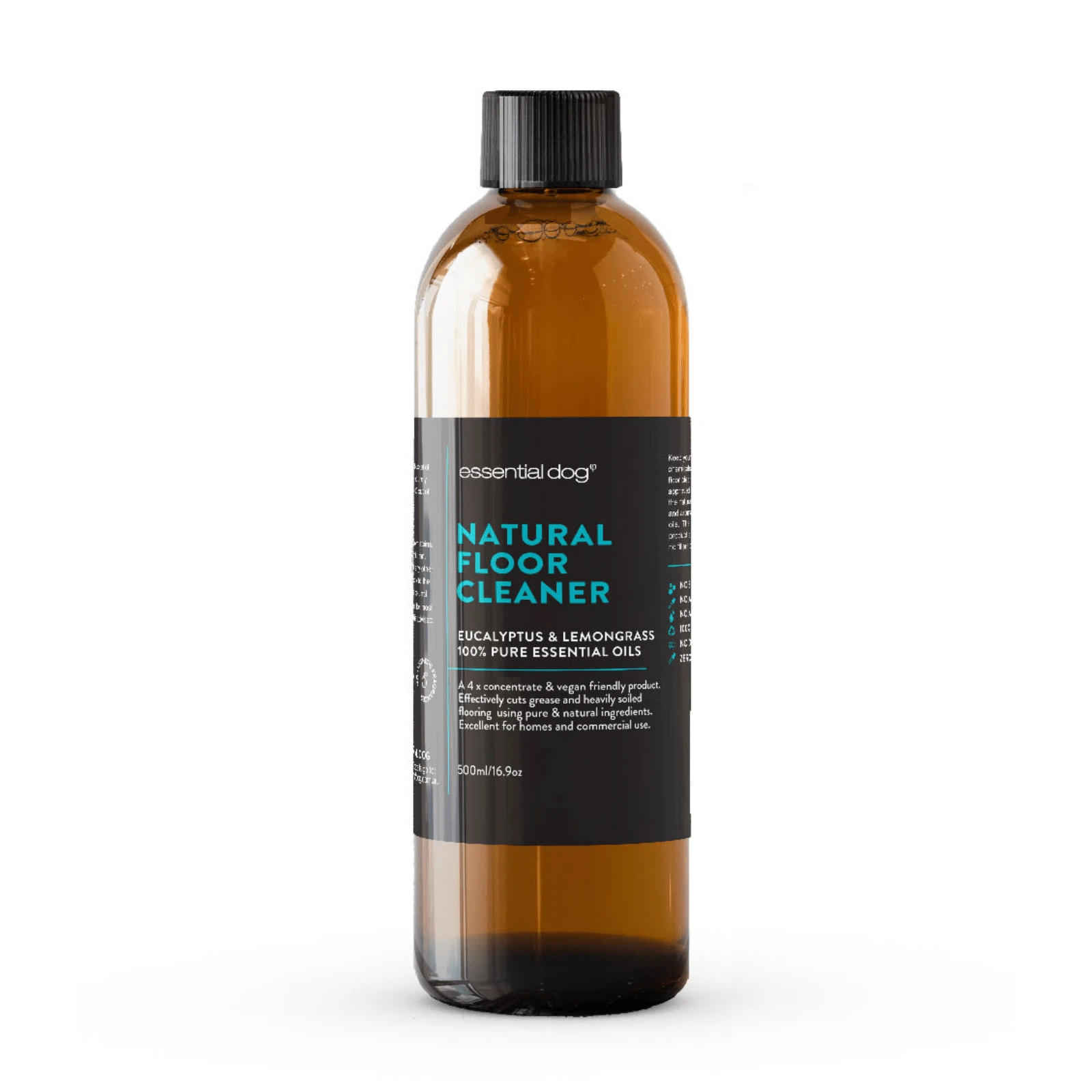
Maintenance matters for longevity. Smart shoppers pair stroller purchases with dog buggies and strollers guide for fabric care—the natural enzymes break down pet odours without damaging water-resistant coatings. Budget $30-$50 annually for replacement parts: wheels wear fastest on rough surfaces, while zippers need silicone lubricant quarterly.
Final recommendation: Test before buying. Major pet stores now offer 24-hour trial programs—take advantage. Bring your pet, load your typical gear, navigate your actual routes. The best dog buggies and strollers disappear into the background of your adventures, becoming simply the vehicle that keeps your best friend by your side, regardless of age, injury, or Australian weather extremes.
2025 Pro Tip: Buy during March-April or September-October for best pricing. Retailers clear inventory before new model releases, offering 25-35% discounts on current-year models.
Frequently Asked Questions
What’s the average price range for quality dog buggies and strollers in Australia?
In 2025, expect to pay $199-$299 for mid-range models offering the best value. Basic versions start at $89, while premium smart strollers with GPS and app integration range $399-$599. The $249-$279 bracket offers 80% of premium features at half the flagship cost.
How do I determine the right size stroller for my dog?
Measure your dog’s length from neck to tail base while lying down, add 10cm for comfort. Weight capacity should exceed your pet’s weight by 20%. 2025 models offer breed-specific sizing—Cavaliers need different support than French Bulldogs. Always test with your pet before purchasing.
Are dog strollers safe for hot Australian summers?
Modern strollers include UV-rated canopies, mesh ventilation panels, and some feature built-in cooling systems. Look for models with temperature ratings above 40°C. Never leave pets unattended, use cooling mats, and schedule walks during cooler hours. Australian Veterinary Association recommends stroller use for summer exercise.
How do dog strollers compare to pet carriers or backpacks?
Strollers excel for longer distances, senior pets, and multi-dog households. Carriers suit short trips and public transport. Backpacks work for hiking but limit pet movement. Strollers offer superior ventilation, storage, and pet comfort for Australian conditions, particularly for pets with mobility issues.
Step-by-Step: Introducing Your Dog to a Stroller
Step 1: Set up the stroller indoors, allowing your dog to investigate at their own pace. Place treats inside to create positive associations. Leave it up for 2-3 days before first use.
Step 2: Practice closing and opening the stroller while your dog watches. Reward calm behaviour. Many owners find success using dog buggies and strollers tips during this phase.
Step 3: First rides should be stationary—sit beside the stroller with your dog inside for 5-10 minutes. Gradually add gentle rocking motions.
Step 4: Begin with 5-minute walks around your property or quiet street. Choose cool times of day and avoid busy areas initially.
Step 5: Gradually increase duration and complexity. By week three, most dogs comfortably enjoy 30-minute outings. Always end on a positive note with treats and praise.
Related Articles & Recommended Reading
About the Author: Dr. Melissa Carter is a Certified Veterinary Physiotherapist with 12 years of experience in canine rehabilitation and mobility solutions. She specialises in senior dog care and has helped over 2,000 Australian pets regain mobility through innovative assistive devices. Dr. Carter regularly consults for pet product manufacturers and contributes to veterinary journals on mobility aid effectiveness.
Related posts
Dog Summer Clothes: The Ultimate Australian Guide to Keeping Your Pup Cool and Stylish
The Complete Australian Guide to Skin and Coat Dog Supplements
Categories
- 20kg Dog Food Container
- Anti Itch Spray for Dogs
- Automatic Cat Litter Australia
- Automatic Pet Feeder Cat
- Backpack for Pets
- Bag for Dog
- Bags of Kitty Litter
- Bike Dog Trailers
- Bike Trailer for Dogs
- Bowl Stand
- Canine Trailers
- Car Dog Carrier
- Cat Bowl Ant Proof
- Cat Carrier AU
- Cat Carriers with Wheels
- Cat Christmas Presents
- Cat Collar ID Tag
- Cat Collar with Name
- Cat Collars and Tags
- Cat Collars Australia
- Cat Decor
- Cat Door for Wooden Door
- Cat Food Mats
- Cat Furniture Sale
- Cat Litter Box
- Cat Litter Furniture Australia
- Cat Proof Sofa Cover
- Cat Scratcher Wall
- Cat Snacks Online
- Cat Tree Outdoor
- Cat Wall Climbing
- Cat Wall Furniture Australia
- Cat Water Bottle
- Catnip Toys for Kittens
- Cattitude Cat Scratcher
- Collapsible Dog Cages
- Couch Protector for Dogs
- Crate Covers Australia
- Crate for Golden Retriever
- Crate Mattress
- Cream for Itchy Dog Skin
- Custom Dog Bed
- Custom Dog Beds
- Customised Dog Collar Australia
- Dog Bed Orthopedic
- Dog Blanket for Sofa
- Dog Box Cover
- Dog Box Covers
- Dog Brushes for Grooming
- Dog Cages
- Dog Canvas Bag
- Dog Car Hammock Australia
- Dog Car Seat Harness
- Dog Carrier Bags for Small Dogs
- Dog Clothes for Large Dogs
- Dog Collar with Tag
- Dog Cologne Spray
- Dog Crate
- Dog Crate Cover Australia
- Dog Drink Bottles
- Dog Food Bowl
- Dog Grooming Brushes
- Dog Harness and Coat
- Dog Harness for Car Travel
- Dog House for Large Dogs
- Dog House Houses
- Dog Houses for Large Dogs
- Dog ID Collar
- Dog Indoor Fence
- Dog Jacket with Harness
- Dog Name Tag
- Dog on Trailer
- Dog Play Pens Indoor
- Dog Puffer
- Dog Raincoat Australia
- Dog Ramp for Bedroom
- Dog Stairs Ramp
- Dog Steps for Large Dogs
- Dog Toy Cat
- Dog Toy Personalised
- Dog Toys with Rope
- Dog Trailer
- Dog Trailers
- Dog Urine Odour Remover
- Dog Water Bowl
- Dog with a Backpack
- Dogs Car Seat Belt
- Double Dog Pushchair
- Drinking Bottle for Dog
- Eco Friendly Dog Poop Bags
- Elevated Dog Bowls Australia
- Elevated Dog Bowls for Large Dogs Australia
- Elevated Slow Feeder Dog Bowl
- Extra Extra Large Litter Box
- Extra High Pet Gate
- Extra Large Cat Litter Box
- Extra Large Cat Litter Tray
- Extra Large Litter Tray
- Feeding Mat
- Flirt Pole Australia
- Flirt Pole for Dogs Australia
- Foldable Dog Water Bowl
- Freeze Dried Cat Treats
- Giant Dog Clothes
- Hands Free Dog Lead
- Ibiyaya Pet Stroller Australia
- Indoor Dog Enclosure
- Jacket for Dog
- Kitty Litter
- Large Dog Nail Trimmer
- Leather Cat Collar
- Leather Collars for Puppies
- Litter Box with Lid
- Luxury Cat Bed
- Luxury Cat Beds
- Medium Dog Crate Cover
- Metal Dog Crate
- Metal Dog Pen
- Natural Wood Cat Furniture
- Natural Wood Cat Tower
- Padded Dog Harness
- Padded Puppy Harness
- Personalised Dog
- Personalised Dog Toys
- Personalised Pet Gifts
- Pet Besty Litter Box
- Pet Carrier with Wheels
- Pet Carriers for Small Dogs
- Pet Crate Covers
- Pet Fences
- Pet Food Bowls
- Pet Strollers
- Pet Strollers Dog Pram
- Pet Travel Carrier with Wheels
- Petwant Automatic Pet Feeder
- Pink Collar for Puppy
- Pink Dog Bowls
- Plastic Dog Crates
- Puffer Vest for Dogs
- Puppy Car Seat Belt
- Puppy Feeder
- Puppy Fence Indoor
- Puppy in a Stroller
- Puppy Toys for Puppies
- Purse Cat Carrier
- Raised Ceramic Cat Bowls
- Rattan Pet Bed
- Retractable Dog Lead for Large Dogs
- Retractable Gate for Door
- Rolled Leather Puppy Collar
- S Pet
- Sieve Cat Litter Tray
- Sliding Door Dog Crate
- Small Dog Nail Trimmers
- Small Litter Pan
- Snake Plants Poisonous Dogs
- Soft Pet Carrier for Cats
- Stainless Dog Crate
- Tech for Pets
- Wicker Dog Bed
- Wood Cat Condo
- Wood Cat Tower
- XXL Cat Tree for Large Cats Australia


